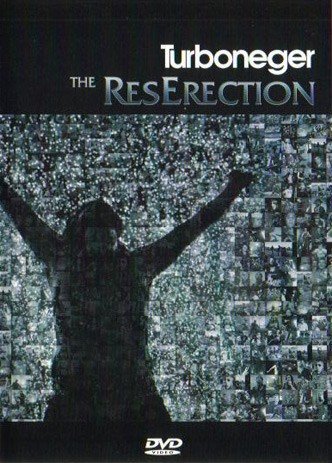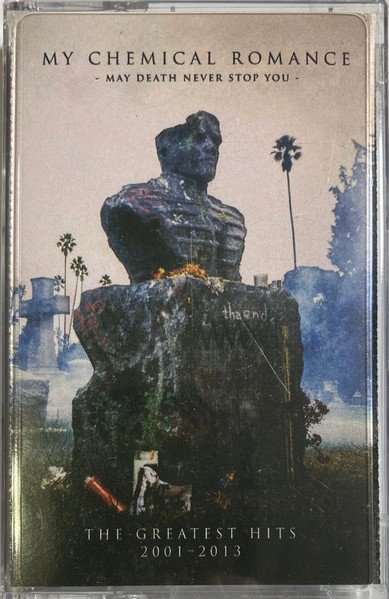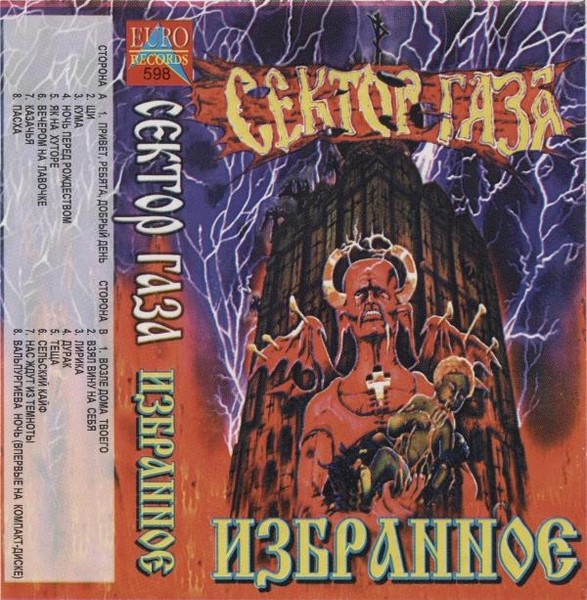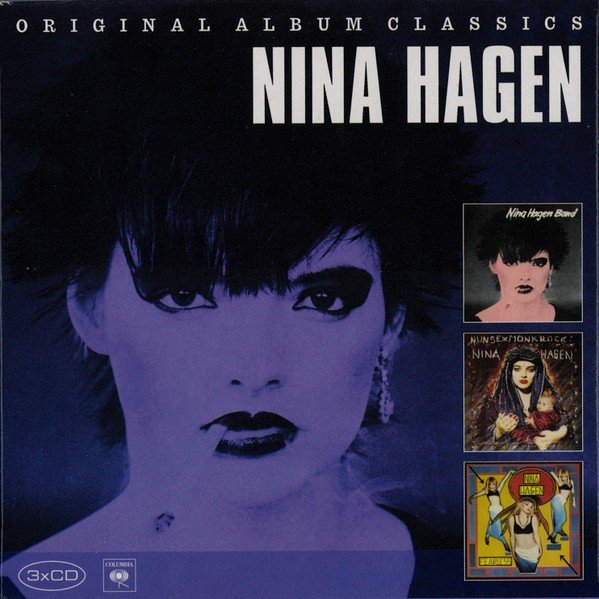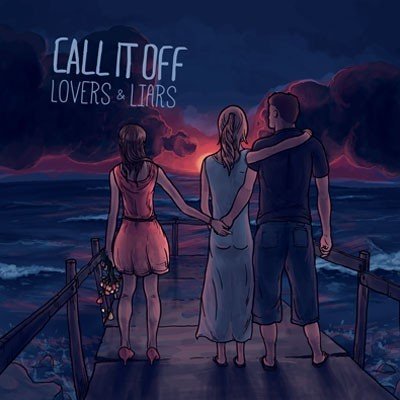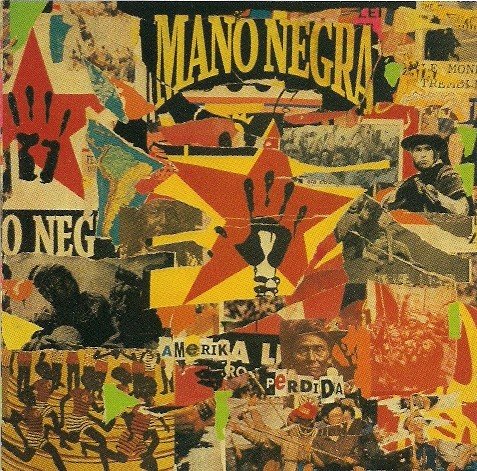
File download is hosted on Megaupload
In 2013 I interviewed Xenomania’s Brian Higgins for a feature on the role of the producer. In the end I only used a small part of the interview. Here’s the full transcript.
Q: What is the difference between a producer and a songwriter, for you? And where does a producer / songwriter fit into that?
BH: There are various types. A producer who creates a track, a layer of music, then gives it to a songwriter in order to create the lyric and melody of a song is a writer / producer. He has helped to create music, to create a song and has gone on to make the record.
The purest sense of a songwriter / producer is, I suppose, a producer that is able to write songs at an accomplished level and has probably had a hit writing melodies and lyrics. That gives a producer an added advantage because they are in a position to offer to a songwriter, be it the singer in a band or a topline collaborator, the necessary help to make sure the lyric and melodic quality of the song is very high.
That is the purest form of writer / producer, an all-rounder, some who is as comfortable with melodies as they are with music.
Q: You fall into this category – the writer / producer?
BH: Yes. If I am not charged with actually writing the song then I am tasked with applying a high level of quality control to the song itself. If a song doesn’t feel like it is living up to those standards then I can say exactly what is wrong with it, and importantly, offer a solution as to how it may be improved. This is thanks to my background as a songwriter. I was a songwriter before I was producer
Q: Do you still “just” produce things, with no songwriting involved?
BH: Yes, totally. As I get older and more experienced, it is very important that I am passing my experience on, as well as trying to improve as a songwriter myself. There are some records I am working on in various kinds of ways, sometimes hands-on producing, sometimes executive production where I am taking an overview on a project a younger less experienced producer is leading – I will be pointing out areas to improve, vocal quality etc etc
People show me the results of their experiments and early workings and I will point out where things need to change or improve, but also where things are excellent and require no further work. I am there to assert quality control on any part of the song or lyric or music
Q: Do you have to have a lot of tact to do that?
BH: Once you have decided that something should be binned (as it is a poor idea) or progressed on (because it has the potential to be a hit), then the need for tact diminishes.
If we are progressing something, then I am talking to the other creators about ideas that are already very good and about how we can try to make them perfect. Once you have greenlighted a record you are constantly trying to iron out problems. You’re polishing something that is already really good into something really beautiful and complete. Once people understand this you don’t have to pussyfoot around. You don’t have to be too sensitive about it.
Ten years ago it would be me barking, ‘That’s not right’, it was never a debating process. Working with people in an executive producer capacity naturally encourages a certain amount of debate which is healthy as long as, in the end, the record is of the highest quality.
An executive producer really is different than being sole producer because I am working with people who have a decent level of expertise in production but they don’t necessarily have my experience or track record
Q: Do you find yourself with two very different mind sets – producer and songwriter – when you do each of the two jobs?
BH: Anyone can call themselves a producer. You don’t have to be qualified to do that. There is a big difference between a) producers who just put out their own music online, b) producers who have their records commercially released and c) hit producers, who produce hit records, a hit being defined as something that goes top 10.
Some writers say ‘I am a producer’ and they put records out that are never taken up by the big labels. It is a fairly laidback thing. Then you have the more successful producer who can makes hit records but often with no great level of consistency. I have been through periods earlier in my career when I would have a hit then there would be nothing for two years, then there would be another one and I became obsessed with working out why something worked at various times but would not work at others
The third type of producer is a hit maker, a producer who will put together 10, 20, 30 + top 10 hit records over a period of time. That is a very different level of motivation and it requires a very competitive mind set. Nothing is going to stand in your way.
It is my opinion that you will never be able to have 30 top 10 records by ambling through things in a laidback way. That kind or production is a lesson in leadership. You are leading the situation to ensure that you vision of the record comes out with as little diminsihment as possible. It is about enforcing high standards in one way or another
Q: Do you find that the average quality of producing is better than that of songwriting these days? Do you often find yourself thinking, ‘great production, shame about the song’? Or does the reverse happen more often?
BH: It is difficult for a really great song to break through if the quality of the recording and music around the song doesn’t stand up. A record is a vehicle for a song.
I can often hear really good bits of music and maybe think that the song is really generic. Then you get something like Macklemore coming through and get knocked out by the originality of the melody, lyric, music idea etc – the whole thing
The charts can get clogged up with generic material for a while, then you get wonderful breakthroughs of originality. In this day and age there is a lot of the same stuff going around and a lot of people using the same equipment. I would prefer to hear an original, fresh sounding song with generic music than I would the other way around. It is all about the song – that doesn’t really change.
Q: Apart from the people you work with, what new producers and songwriters have caught your ear of late?
BH: I am not an avid chart listener but I really liked the Bastille record, which did something really interesting, electro rock is how it sounded to me with an excellent vocal and imploring chorus. Macklemore, as I mentioned. Bruno Mars, he’s really revealing himself as a fantastic songwriting talent. His career is getting bigger throughout the years, which is rare in this day and age. Calvin Harris – he is clearly a force of nature really. He is very resilient, very forward thinking. I like the fact that there is only one name on the Rihanna record. It shows he can do everything: producing, songwriting, lyrics. He is clearly very special.
Recently people have been understanding the awesomeness of Fleetwood Mac and what they were all about. They are having an influence now, there is an understanding of how great they were.
Q: In the end, then how would you define a producer?
BH: People have different views. Someone who writes a track will call himself a producer. That is fine. My definition of a producer is a person who leads the creative process of making a record and has the final say in all creative matters in the studio. They are in charge of the whole process. It is the person who has the final say, who is running the shop. Records produced by committee I suspect would generally be dreadful.
The best producers in the world are leaders. They are not meek people, they have excellent communication skills and they will persuade artists to go with them, they will persuade labels to support them, they will motivate musicians to deliver inspired performances, they set high standards and invariably will also know when those standards are being achieved or, crucially, being missed. They are highly motivated people, people who really know what to do and what they want. They have a vision and a very spectacular skill set.
Anyone can call themselves a producer but there is a difference between people who do that and people who can make a record that will travel and make a significant, noticeable impact.
Q: Is that level of control the key difference between songwriters and producers, then?
BH: Quite often songwriters work with producers to get the song written. But generally speaking once that song is written, at that point the songwriter will leave and allow a producer to get on with it with the artist and make the record. At that point, the producer is clearly exerting a greater level of control than the songwriter. But there are some really strong personalities among songwriters, like Wayne Hector and Cathy Dennis, for instance. They are quite remarkable people in their own right.
To a degree , a songwriter who is not a producer has to keep their fingers crossed and hope their song ends up in the hands of the right people – a producer best equipped to fulfil the songs potential.
Q: How do producers get paid?
BH: They get a fee for their service, often a fee for their production and a fee for the studio. You probably won’t get paid much at all if you are just starting off. It is quite difficult at the beginning of a career – you have to work so hard to get given the chance in the studio with an even moderately successful artist and you certainly won’t see any money until you deliver a finished record that will definitely be commercially released.
Producers are also paid a royalty. The lowest level producer might start with a 2% of the profits of a record, whereas a superstar producer will get up to 7%, I imagine. It is very difficult to earn producer royalties, though, unless the record is a big, big, big hit because so many things have to be paid back, like videos…. A UK-only hit, a top five hit that is out of the charts within two to three weeks, probably won’t pay much of a royalty.
Q: Do you see a big difference between writer / producers like yourself and the more traditional producer types?
BH: The old-school producer came up through the old commercial studio system – tea boy, tape op, mix engineer, eventually to producer. There are incredible producers like John Leckie who came up like that. But in reaching that level they probably realised they had this other skill set, not just mic-ing up the drum kit etc but they were really good at motivating groups, getting great performances etc etc.
I think this sort of producer may become rarer and rarer – the revolution in technology, where the barriers to entry to record music have collapsed, means that young people coming through are going to be interacting with music in a different way. You are not going to see 18 year-olds going to record at wonderful studio like Abbey Road sadly. They won’t be too aware of what Abbey Road is because they can record on their laptops in their bedrooms and achieve a quality high enough to release. It has been an incredible revolution driven by technology
Music, as it progresses, cannibalises parts of itself. Unfortunately, part of that could be rocking up at a traditional studio with drums and bass and guitar and recording in that way. I hate to think it will disappear, but I am sure it will never be as prevalent as it once was, which on the one hand is a great shame, but on the other is just indicative of how culture progresses.

















